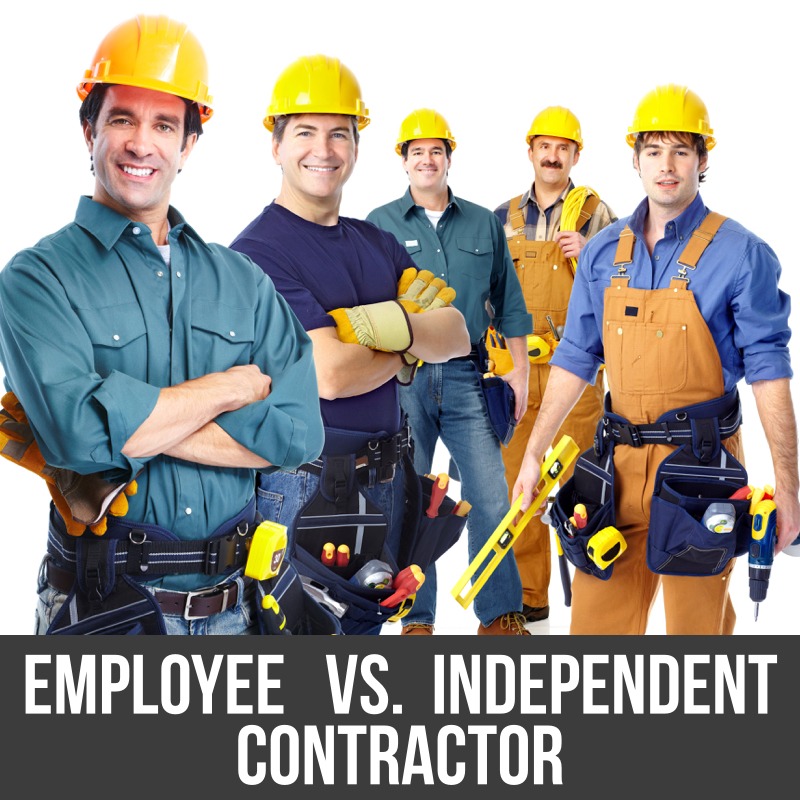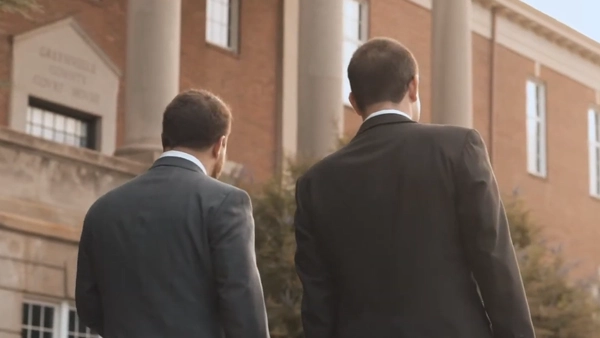
Under South Carolina law, if any employer regularly employs four or more full-time or part-time workers then the employer must provide workers’ compensation insurance. This ensures that employees who are injured during the course of their employment are compensated for their injuries. South Carolina’s Workers’ Compensation Act provides a no-fault approach, which limits an employer’s liability to those benefits provided under the Act.
Injured employees may be entitled to receive workers’ compensation payments to cover a portion of medical expenses, lost earnings, and disability benefits. Workers’ compensation payments also help compensate employees who have suffered permanent disability or disfigurement.
South Carolina’s Definition of Employee
Importantly, an employer is required to provide workers’ compensation only for “employees.” Under South Carolina law, the definition of an employee is meant to be fairly broad and encompass numerous workers. The statutory definition of an employee “means every person engaged in an employment under any appointment, contract of hire, or apprenticeship, expressed or implied, oral or written, including aliens and also including minors, whether lawfully or unlawfully employed….” Notably, an employee does not include “a person whose employment is both casual and not in the course of the trade, business, profession, or occupation of his employer.”
Sometimes employers may try to avoid having to pay workers’ compensation payments by misclassifying a worker as an independent contractor when in fact the worker should be classified as an “employee.” When this happens, in order to obtain workers’ compensation benefits from an employer, an injured worker will have to argue before the South Carolina’s Worker’s Compensation Commission that the one was in fact an “employee.”
Employee Misclassification a Problem in South Carolina
According to a recent report from McClatchy Newspapers, employee misclassification is a problem in South Carolina. McClatchy Newspapers found that numerous companies throughout South Carolina have found companies “classifying workers as independent contractors when evidence suggests the workers were really company employees.”
According to the article, “at least 338 [South Carolina] companies have misclassified 2,189 workers during the past two years.” Companies misclassify workers to save money on taxes and insurance, including workers’ compensation insurance. The article also stated that the practice happens to help “some businesses to get an unfair advantage over competitors seeking to bid on projects, such as government construction jobs.”
Right-to-Control Test
Ultimately, to determine whether a worker should be compensated for workers’ compensation purposes, the test “is the degree of control the employer exercises over the worker.” In this regard, in order to determine whether an employer had the right and authority to control and direct the particular work performed by an injured worker, there are several factors, including:
- Direct evidence of the right to, or exercise of, control;
- Method of payment;
- Furnishing of equipment; and
- Right to fire.
If the South Carolina’s Worker’s Compensation Commission denies workers’ compensation benefits on the ground that the worker was not an employee, then it may be necessary to appeal the decision to a South Carolina court. A South Carolina workers’ compensation attorney can help an injured worker obtain workers’ compensation benefits and defend issues relating to employee misclassification.
Injured at Work? Contact a Greenville Workers’ Compensation Attorney
If you have been injured at work while acting in the course of your employment, it is important that you contact a Greenville workers’ compensation attorney. David R. Price, Jr., wants to help you recover compensation for your injuries. Contact David R. Price, Jr., for a free initial consultation and case evaluation.







